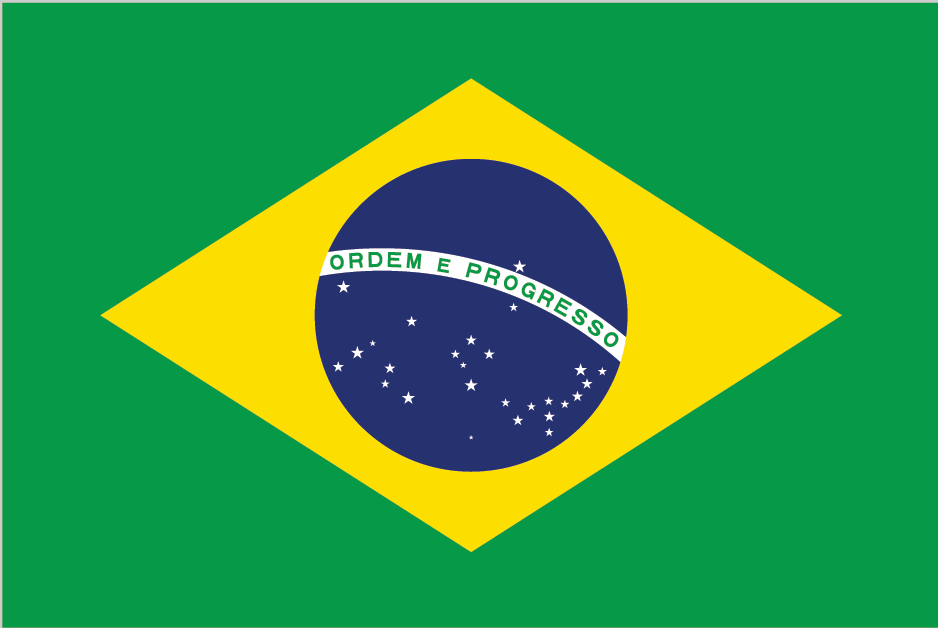
Sustainability Efforts
Country: Brazil
Explore sustainability efforts in Brazil. The United States Environmental Protection Agency (“EPA”) said it well when they state:
“Sustainability is based on a simple principle: Everything that we need for our survival and well-being depends, either directly or indirectly, on our natural environment. To pursue sustainability is to create and maintain the conditions under which humans and nature can exist in productive harmony to support present and future generations.”
About Brazil
Brazil is the largest country in South America, known for its vibrant culture, diverse ecosystems, and iconic landmarks like the Amazon Rainforest, Iguazu Falls, and Christ the Redeemer statue in Rio de Janeiro. It has a rich cultural heritage influenced by indigenous peoples, Portuguese colonization, and African, European, and Asian immigrants. Brazil is famous for its lively music and dance, including samba and bossa nova. The country is also known for its passion for soccer and has won the FIFA World Cup multiple times. With its vast natural resources and growing economy, Brazil plays a significant role in the global market. Sustainability efforts in Brazil will enhance the country’s future.
Sustainability Efforts
Toggle each button below to “open” and “close” the presented data.

Brazil has made significant strides in reducing poverty. Over the past decade, Brazil’s Bolsa Familia program, a conditional cash transfer scheme, has lifted millions out of poverty, with the World Bank reporting that extreme poverty fell from 9.7% to 4.3% between 2001 and 2013. However, poverty remains an issue, particularly in rural areas and among certain populations such as Afro-Brazilians and indigenous communities.

Brazil has been recognized globally for its efforts to combat hunger. The "Zero Hunger" program, launched in 2003, has significantly reduced undernourishment in the country. The Food and Agriculture Organization (FAO) reported in 2014 that Brazil had reduced the number of undernourished people by over 80% in a decade.

The Unified Health System (SUS) in Brazil provides free healthcare to all citizens, including surgeries, treatments, and medications. However, challenges remain in ensuring equitable access, particularly for those in rural areas. The government has implemented programs such as "Mais Médicos" to increase the number of healthcare professionals in underserved areas.

Brazil has made considerable progress in education over the past two decades, with near-universal enrollment in primary education. However, challenges remain in terms of quality and equity. The government has focused on improving teacher training, updating the curriculum, and investing in infrastructure, particularly in low-income areas.

Despite challenges, Brazil has made strides in promoting gender equality. Women's participation in politics has increased, and Brazil had its first female president, Dilma Rousseff, in 2011. The Maria da Penha law, implemented in 2006, was a significant step in combatting domestic violence.

Access to clean water and sanitation has improved significantly in Brazil, with over 92% of the population having access to clean water and over 85% having access to sanitation facilities according to the World Bank. However, disparities exist, particularly in rural areas and among marginalized populations.

Brazil is a global leader in renewable energy, particularly in hydropower and bioenergy. Over 75% of Brazil's electricity comes from renewable sources, far above the global average.

Brazil's economy is one of the largest in the world and has shown steady growth over the past decade. However, challenges such as inequality, unemployment, and economic instability remain. The government has focused on structural reforms and fiscal responsibility to stimulate growth.

Brazil is a regional leader in innovation, with the largest scientific output in Latin America. The government has implemented programs to stimulate research and development, promote entrepreneurship, and encourage the digital transformation of industries.

Despite progress, Brazil remains one of the most unequal countries in the world. The government has implemented social programs and progressive taxation to reduce income inequality. Moreover, affirmative action policies have been implemented in universities to promote racial and social equality.

Several Brazilian cities have adopted sustainable urban development strategies, focusing on public transportation, waste management, and energy efficiency. Curitiba is often cited as a model for sustainable urban planning, with its integrated transportation system and green spaces.

Brazil has implemented measures to promote responsible consumption and production, such as recycling programs and initiatives to reduce food waste. However, challenges remain, particularly in managing waste and promoting sustainable agriculture.

As the host of the 1992 Earth Summit and home to the Amazon rainforest, Brazil plays a crucial role in global climate action. Brazil committed to reducing its greenhouse gas emissions by 37% by 2025 and 43% by 2030 under the Paris Agreement.

Brazil is home to a significant portion of the world's freshwater resources and is working to protect its aquatic environment. This includes efforts to improve water management, protect water resources, and promote sustainable fisheries.

Brazil contains one of the world's richest biodiversity. The government has established protected areas and implemented conservation strategies. However, deforestation and illegal wildlife trade remain significant challenges.

Brazil has a robust legal system and has made progress in strengthening its judicial institutions. Programs have been implemented to reduce violence and promote social inclusion, such as the "Pact for Life" program in Pernambuco, which significantly reduced homicides.

Brazil is active on the international stage, participating in global forums such as the United Nations and the G20. It works in partnership with other countries, international organizations, and civil society on a wide range of issues, from climate change to sustainable development.



